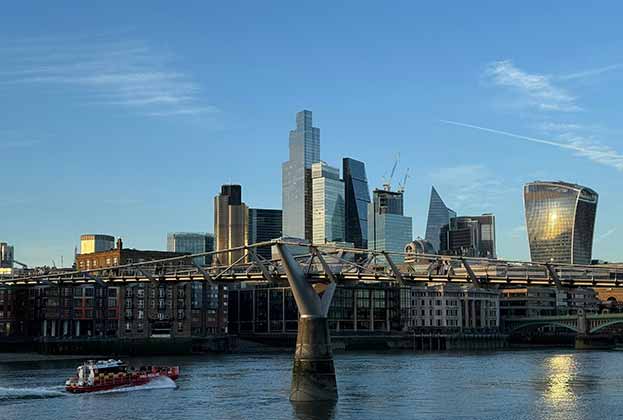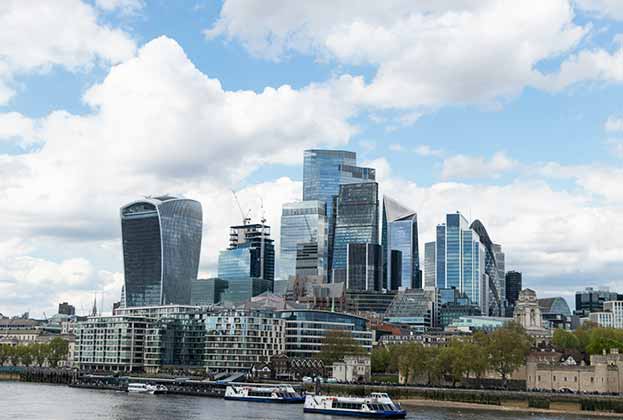Europe has seen its fair share of tech hubs emerge in its second-tier cities: centres of communication, collaboration and knowledge, which have begun to use smart technologies to bring the city closer to its citizens.
These hubs, which tend to encapsulate a spirit of innovation, mixed with a great sense of independent style and creativity, attract younger generations priced out of more established megacities. Amsterdam, Barcelona (which was awarded the title of European Capital of Innovation – or iCapital – in 2015 for ‘introducing the use of new technologies to bring the city closer to citizens’), Copenhagen, Helsinki, Liverpool and Stockholm, all fit this criteria and appeal to this demographic.
Where these hubs start, talent and economic growth tend to follow. An increase in tech occupiers is often a good indicator of new real estate investment opportunities, with several of these hubs already demonstrating their credentials by becoming the home of several multi-national HQs. In 2015 strong annual increases in tech take-up were noted in Amsterdam (59 per cent), Berlin (119 per cent), Madrid (131 per cent) and Warsaw (104 per cent). In Berlin and Dublin tech accounted for over one third of total office take-up.
Berlin’s offer is dominated by online, e-commerce and software-driven tech, and has attracted companies such as Soundcloud. In Dublin, Ireland’s corporate tax rate of just 12.5 per cent initially made it an attractive location for large US tech firms for their European headquarters. Google, Facebook and LinkedIn, based in Dublin’s ‘Silicon Docks’, have been a catalyst for the wider industry, building confidence among local start-ups and having a domino effect in attracting other large companies.
The digital industry has fuelled job growth in both cities. The number of jobs in the information and communication sector grew by 23.3 per cent in Dublin between 2005 and 2015, at a time when total employment in the city increased by just 3 per cent. Further growth of 25.9 per cent is forecast in the next 10 years. Berlin saw similar levels of employment growth in the sector, up 20.5 per cent in the last decade, against a Eurozone average of 9.8 per cent.
Of course, Europe’s traditional centres of business also attract tech occupiers. Those companies that have matured often prefer to locate in more established office locations, such as the CBD, in order to have closer access to their clientele. The list of European cities set to see the biggest long term-growth in roles associated with tech therefore includes both the traditional and the upstart.
Like many other industries the tech sector is cyclical, and as result subject to peaks and troughs. In the short term we may see lower company expansion in the next 18 months, and therefore lower volumes of activity from tech companies, but overall the enduring prospects of the sector remain positive.
(1).jpg)





.jpg)

.jpg)


